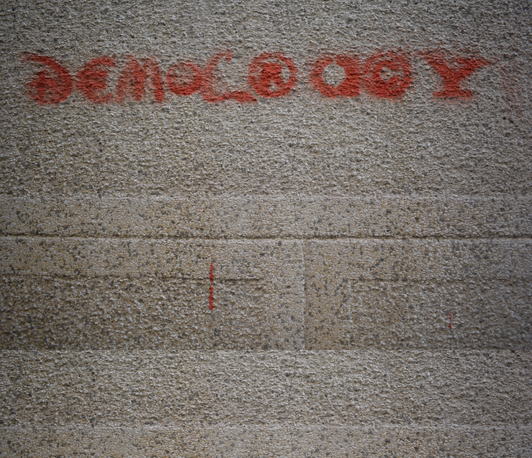Intelligence Information Sharing
The Relevance of Trust for the EU Rule of Law Crisis
As a result of mounting migratory, currency, and judicial reform tensions, the European Union (EU) is currently confronting a rule of law crisis. Rather than focus solely on issues of political legitimacy, recent scholarship proposes reframing this crisis as an absence of trust among EU Member States as well as between some of the EU Member States and EU institutions. In response, this interdisciplinary study proposes a new, dynamic trust model. To this end, this research project investigates the factors and events contributing to building trust and mitigating distrust in interstate, interorganisational, and systemic EU relationships. Improving upon the earlier, undertheorised notion of ‘mutual trust’, which has proven conceptually static as a mere aspirational standard for EU integration, and therefore inadequate, this multidisciplinary model incorporates theoretical contributions from international relations as well as lessons from business and management studies. More importantly, this dynamic trust model will be tested by analysing case studies in EU intelligence information sharing – an especially appropriate evaluative setting as the intersection point between a wide range of trust relationships involving state and institutional actors on both international and supranational levels. By investigating the nature of the EU rule of law crisis and its consequences for further fragmentation, this project engages all three of the Department of Public Law’s tripartite research axes, particularly axes one (Fundamentals: Theoretical Foundations) and three (Challenges: Rule of Law).
Key publications
Kartalova, S. (2024). Trust and the Exchange of EU Classified Information: The Example of Absolute Originator Control Impeding Joint Parliamentary Scrutiny at Europol. German Law Journal, 25(1), 70–93. doi:10.1017/glj.2023.104
Kartalova, S. (2024). Trust and the Procedural Requirements of Article 7(2) TEU: When More than One Bad Apple Spoils the Barrel. German Law Journal, 25(1), 128–151. doi:10.1017/glj.2023.118
Workshop
This two-day course examines growing concerns with counter-extremism and ...
[more]
Talk: EU Intelligence Sharing, Oversight Regulation, and Counter-Terrorism: Insights from Trust Theory.











